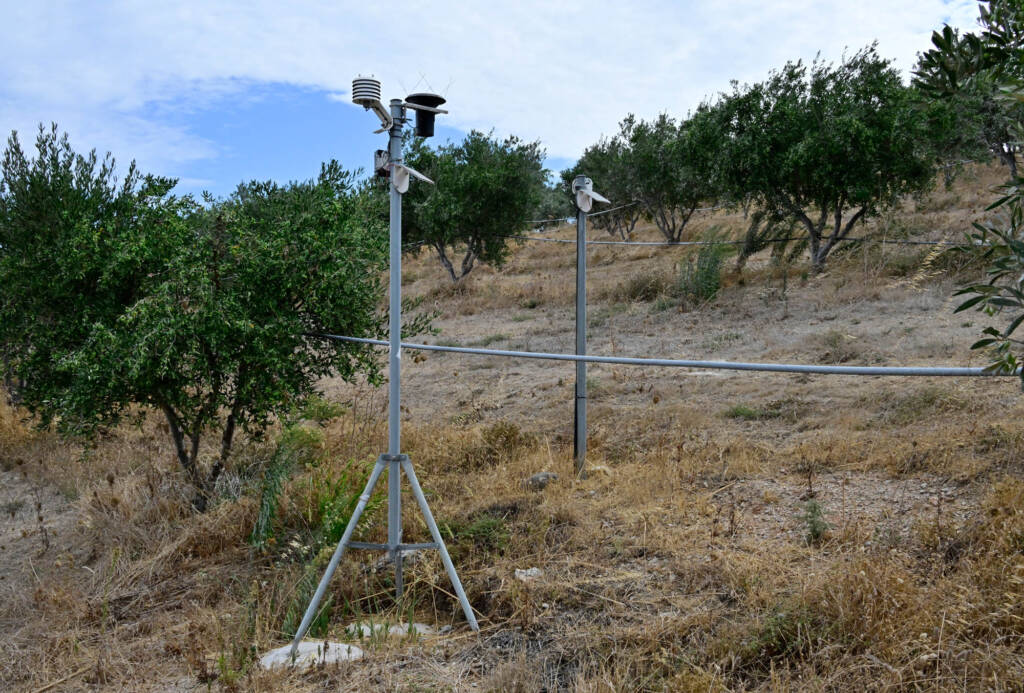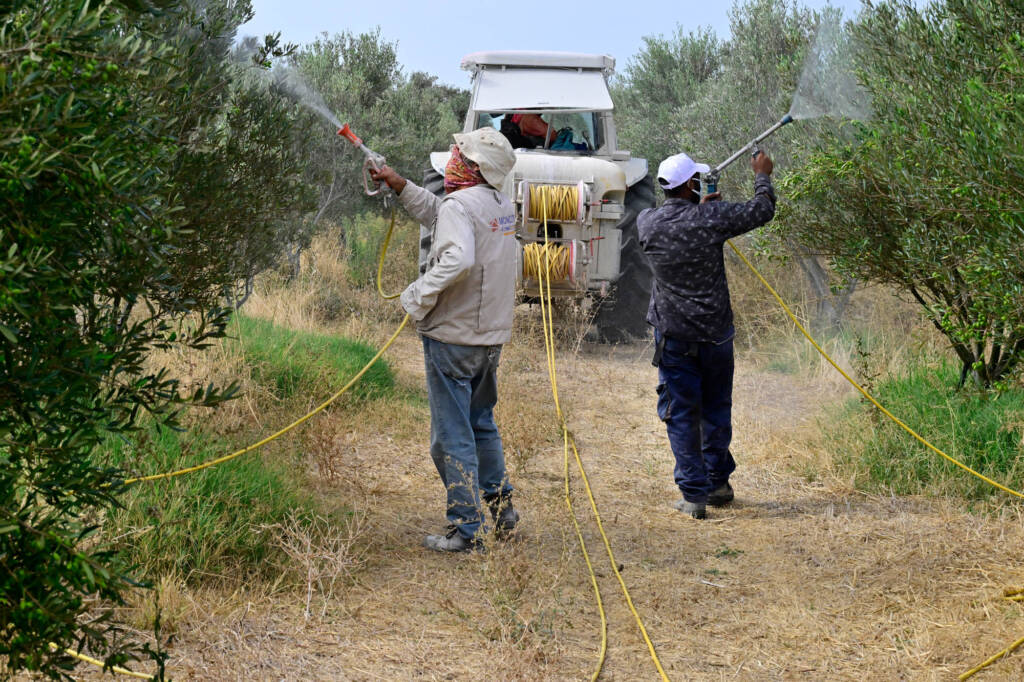Organic Fertilizers
Organic farming is a method of agriculture that respects the environment and promotes the health of soil, plants, and people. In this system, fertilization plays a central role, ensuring the supply of nutrients to plants without the use of synthetic chemicals. Organic fertilizers, derived from natural sources, form the foundation of this practice.
Organic farming, also known as organic agriculture, is a production system that relies exclusively on natural processes and materials. It avoids the use of synthetic fertilizers, pesticides, and genetically modified organisms (GMOs). Our goals are:
- Maintaining soil fertility.
- Enhancing biodiversity.
- Producing healthy and nutritious food.
- Reducing environmental impact.

- Promote biodiversity: They enhance microorganism activity, fostering a healthier ecosystem.
- Reduce reliance on synthetic products: This limits environmental pollution and the energy consumption required to produce chemical fertilizers.
- Increase plant resilience: Improved soil structure helps plants better withstand diseases and drought.
- Produce healthier products: Organic foods often have higher nutrient levels and fewer chemical residues.
The Importance of Fertilization in Organic Farming
Fertilization is essential to provide plants with the nutrients they need, such as nitrogen, phosphorus, potassium, and trace elements. In organic farming, instead of synthetic fertilizers,organic fertilizers sourced from natural materials are used. Proper fertilization offers multiple benefits:
- Improved soil structure: Increases the soil’s capacity to retain water and nutrients.
- Enhanced microorganism: Beneficial microorganisms break down organic matter and release nutrients.
- Reduced pollution: Prevents the leaching of chemicals into water systems or the atmosphere.
- Long-term sustainability: Maintains land productivity for future generations.


